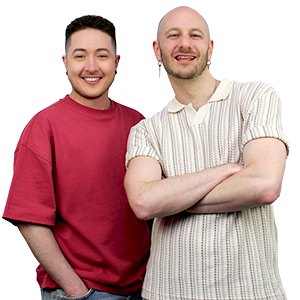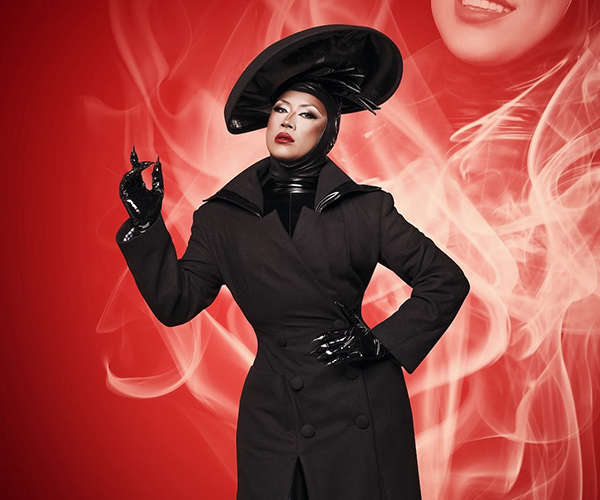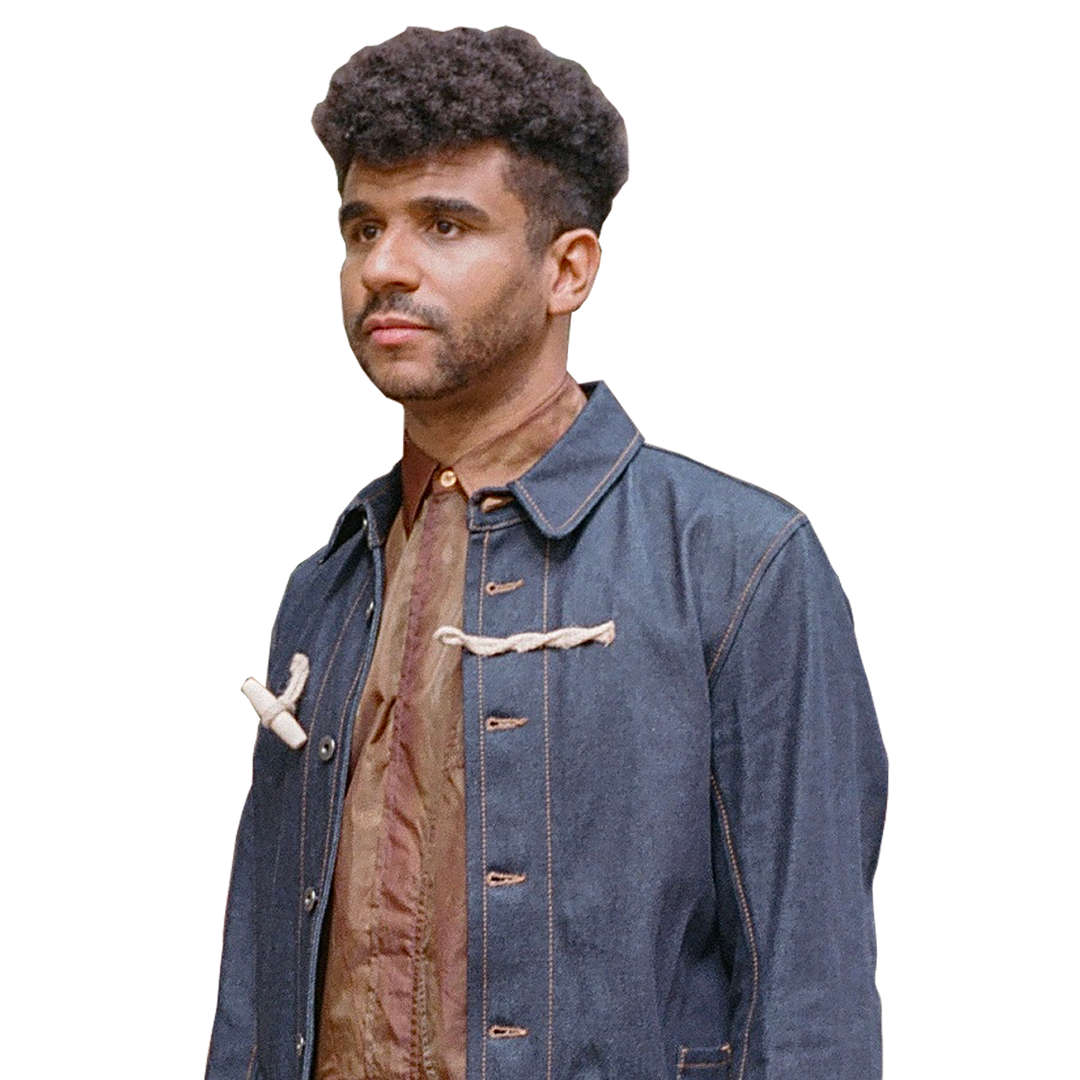
Buried in Gaza's rubble are the forgotten victims of this war, and with them are buried the stories of how they were killed.
A year on from the start of the war, many have questioned the IDF's alleged targeting and negligent killing of civilians in its conflict with Hamas. Among those calling for justice is a mother whose young daughter was killed in an incident that shocked the world.
Five-year-old Hind Rajab was killed alongside six members of her family in a car, while trying to escape the fighting in Gaza City in January. Her heartbreaking cries for help were recorded in real time in telephone calls with emergency services, which were made public.
"I am calling on the whole world to stand with us... so those who committed this brutal crime are held accountable," her mother, Wissam Hamada, told us from her temporary home in Gaza. "I need justice for my daughter."
Sky News has investigated the circumstances surrounding Hind's death, and those of her extended family and the two paramedics who were killed trying to rescue her. We have analysed satellite imagery, IDF press materials, and spoken to weapons and forensics experts.
On 29 January, desperate to escape fighting in Gaza City's Tel al Hawa neighbourhood, Hind's family decided to flee. "My uncle decided to put all the children in the car with him and his wife, and for us adults to walk a different way," said 27-year-old Wissam.
Hind got into the car along with six other family members: Her mother's uncle, Bashar Hamada; his wife, Ana'am; and their four children - Layan, Raghad, Sarah, and Mohammad.
Hind's younger brother, Eiyad, didn't want to get in the car and so at the last moment, he was allowed to stay with the adults.
The car, a small black Kia, was attacked near a petrol station just 350m from its starting point. Wissam says she saw it happen and confirms the car was attacked at exactly 8.10am, just 10 minutes after she and the family left their home.
"We saw them when they fired at the car but we didn't believe they had targeted them, or we didn't want to believe it," she said.
The family returned to their apartment. When it felt safe, they went back outside and started walking, unsure of what had happened to Hind and the rest of the family. Wissam was frantically trying to call those in the car.
At midday, 15-year-old Layan answered the phone. She said everyone in the car was "sleeping" and that both her and Hind were wounded.
"We told her to take off her scarf, tie it to the wound and stop the bleeding," said Wissam. But Layan couldn't move because the car was so tightly packed with bodies.
Layan passed the phone to Hind. When Wissam asked her daughter if she could get out of the car, Hind replied: "I wish, Mama, I wish. They are all around me, Mama." This was followed by screams. "They are getting closer, so much closer," a panicked Hind told her mother. Then the line went dead.
The family then contacted the Palestinian Red Crescent Society (PRCS) which tried to phone the girls in the car. After a few attempts, Layan answered but there was barely time for dispatcher, Omar al Qam, to introduce himself.
"They are shooting at us," Layan said. "The tanks are next to us."
Gunshots were heard while Omar waited on the line. "There was no response from the child I was talking to. I didn't even get to know her name," he said.
The conversation ends in a horrifying scream amid the sound of heavy firing. With the phone line cut-off, the PRCS rang back. This time Hind answered. She was alone in the car, everyone else was dead.
Over three hours, through multiple calls, another PRCS dispatcher, Rana Faqhi, tried to keep Hind on the line as she comforted her.
"Please stay with me until someone comes, please don't hang up," Hind asked Rana.
"I will stay with you. I won't hang up. I will stay with you," Rana told her.
Wissam was also talking to her daughter on the phone. "I told her, lower your voice otherwise they will shoot you like they shot Layan."
The Red Crescent then set up a group call and Wissam maintained contact with her daughter, who kept asking for someone to come and get her. As night fell, Hind, who was scared of the dark, grew increasingly anxious.
"You will come and take me?" she pleaded. "I'm so scared, please come."
While this was happening, Rana's colleagues say they were frantically trying to coordinate a rescue, seeking permission from the Israeli authorities to dispatch an ambulance.
The PRCS says it is standard procedure for it, and other emergency services, to coordinate with the Israeli military, because their emergency services cannot, and do not, enter restricted military areas without specific permission.
After hours of waiting, the PRCS says the permission finally came through, and it got the green light to send an ambulance along a designated route.
An ambulance left from the Al-Ahli Hospital in Gaza City at 5.40pm. The two paramedics onboard, Yusuf Zeino and Ahmed al Madhoun, stayed in contact with PRCS dispatchers as they made their way.
Chilling audio of their radio communications has been shared with Sky News. In the recording you can hear the crew talking to dispatchers. Hind's mother, Wissam Hamada, is on another phone line with the PRCS which is updating her.
"They're right behind her, they're about half a kilometre away, 400m," they assured her.
"Did you coordinate access, is it safe?" Wissam asked.
"Yes, we coordinated access, we've been sorting that for the last three hours, don't worry."
One of the paramedics then asked: "Where is the girl?"
"The girl is in the wrecked car," the dispatcher responded.
By 6pm the ambulance crew were close to the family car, telling dispatchers they had their emergency lights on but no siren.
"Oh, there she is," a paramedic said, just before communication ended abruptly with the sound of heavy gunfire. Both paramedics were killed.
PRCS spokesperson Nebal Farsakh says in her mind this was not an accident, citing previously documented incidents of ambulance crews and medics being targeted by the IDF.
"In any area that has a military operation, and is considered as military zones by Israeli forces, we are denied access to it," Nebal explained. "We do not dispatch our ambulances to areas where it is considered a military area… If we get calls from these areas we try to coordinate our safe access."
The IDF confirmed a "preliminary inspection" into this incident had been carried out.
In a statement to Sky News, it said: "It appears that IDF forces were not present near the vehicle or within the firing range of the described vehicle in which the girl was found."
With regards to the ambulance, the IDF said: "Given the lack of forces in the area, there was no need for an individual coordination of the ambulance's route or an accompanying vehicle in order to pick up the girl. Ambulances travel without individual coordination around the Gaza Strip every day, and do not require it unless there are forces in the area."
Read more:
British hostage by Hamas 'still in hell'
What Gaza has lost in a year of war
On 10 February, once the area was safer to access, both the ambulance and the car that Hind and the Hamada family were travelling in, were located. One of Hind's uncles, Sameer Hamada, was first to arrive at the scene.
"I found their car. I found my brother Bashar. His wife was next to him and we found Layan, Raghad, Sarah, Mohammad and Hind at the back. They were all martyred. [Their bodies had] decomposed because of the length of the time," Sameer said.
He also found the burnt-out ambulance, in which there were "just bones". Sameer removed the bodies from the family's car and buried them at a cemetery near their home in the north.
A Sky News camera team recorded footage of both the car and the ambulance, which was used to analyse the damage to the vehicles. Amael Kotlarski, weapons team manager at JANES, which provides security and defence analysis, said the damage shows the ambulance was hit with a "large calibre weapon", with the projectile's exit hole visible at the back of the vehicle.
The black Kia Picanto was covered in bullet holes, with dozens of entry holes on the right-hand side of the car. Sky News has examined satellite imagery taken on 29 January, the day of the attack.
It shows at least 15 military vehicles in the Tel al Hawa neighbourhood - where the family's car was found. The closest military vehicle is just 300m away. One satellite image was taken at 4.31pm local time - just over an hour before the PRCS said it received approval to send an ambulance.
Satellite imagery taken in the days following the attack show how heavy the military presence remained, with at least 13 military vehicles seen on 7 February. A day later, on 8 February, at least nine military vehicles were seen in the area near the Islamic University in Gaza City.
The IDF says it was not in the area on the day of the incident, but its presence in the area was made public by itself, perhaps mistakenly. Twelve days after the attack, on the same day the car and ambulance was found, the IDF published a press release about its activities in Gaza. It said "over the last two weeks" it had "conducted raids on terror targets" with forces operating in Shati and Tel al Hawa neighbourhoods in Gaza.
Tel al Hawa is the same neighbourhood Hind Rajab, the Hamada family, and the paramedics were killed in. The press release was later deleted from the IDF website.
Further down in the press release, the IDF embedded videos showing its movements in the area. "We are in UNRWA's central headquarters in Gaza," a soldier said in one video.
The videos show IDF units at a United Nations site which it says was used by Hamas.
Sky News geolocated the IDF footage released on 10 February, which showed three forces - 401st Brigade, Shayetet 13 and 52nd Battalion operating less than 650m from the car that Hind was found in.
While it is not clear exactly what date the footage in the release was filmed, the IDF's presence in the area is undeniable.
The Gaza war is in many ways unique as it's happening in a closed space with no escape, and no independent investigation on the ground into what is happening.
What has happened and what secrets lie beneath the rubble may never be known.
Reporting by Stuart Ramsay, chief correspondent, Dominique van Heerden, senior foreign producer and Olive Enokido-Lineham, OSINT producer

(c) Sky News 2024: 'I'm so scared, please come': Heartbreaking final moments of girl, 5, killed in Gaza

 Water firms ordered by Ofwat to pay back customers more than £157m
Water firms ordered by Ofwat to pay back customers more than £157m
 Asylum seekers in Hull still wary of going out two months after hotel targeted during UK riots
Asylum seekers in Hull still wary of going out two months after hotel targeted during UK riots
 Boris Johnson denies mocking public with claim they 'avidly craved' lockdown rules
Boris Johnson denies mocking public with claim they 'avidly craved' lockdown rules







